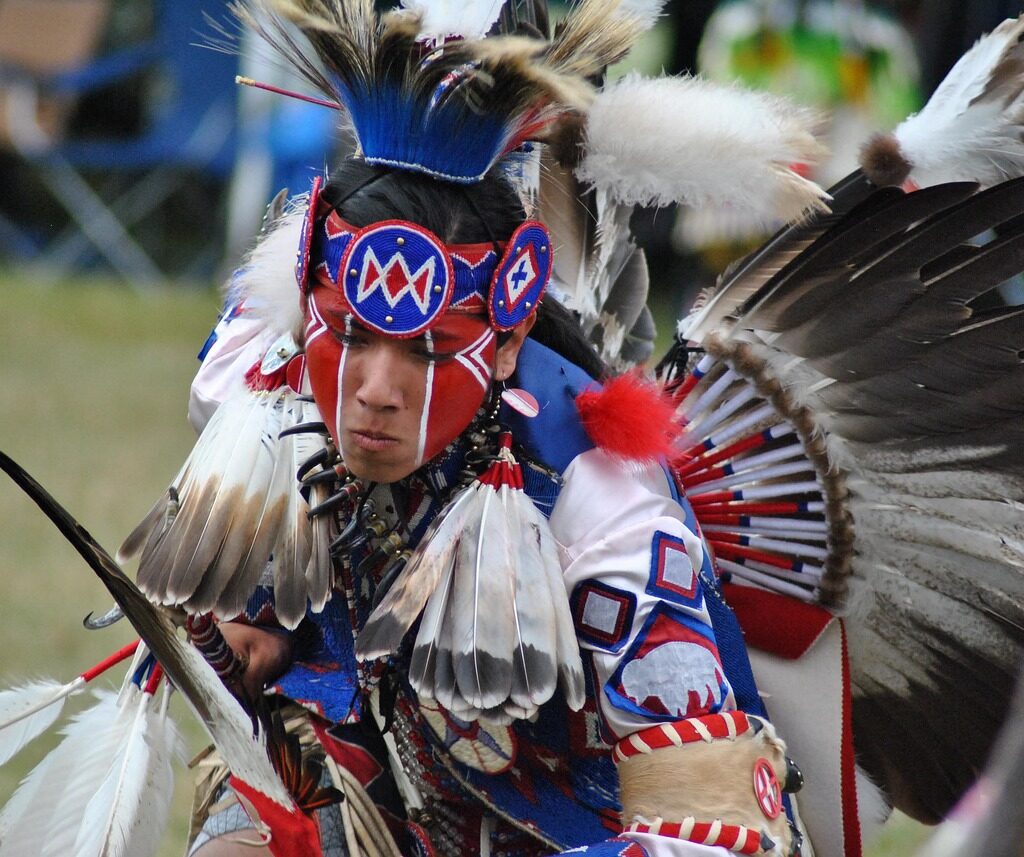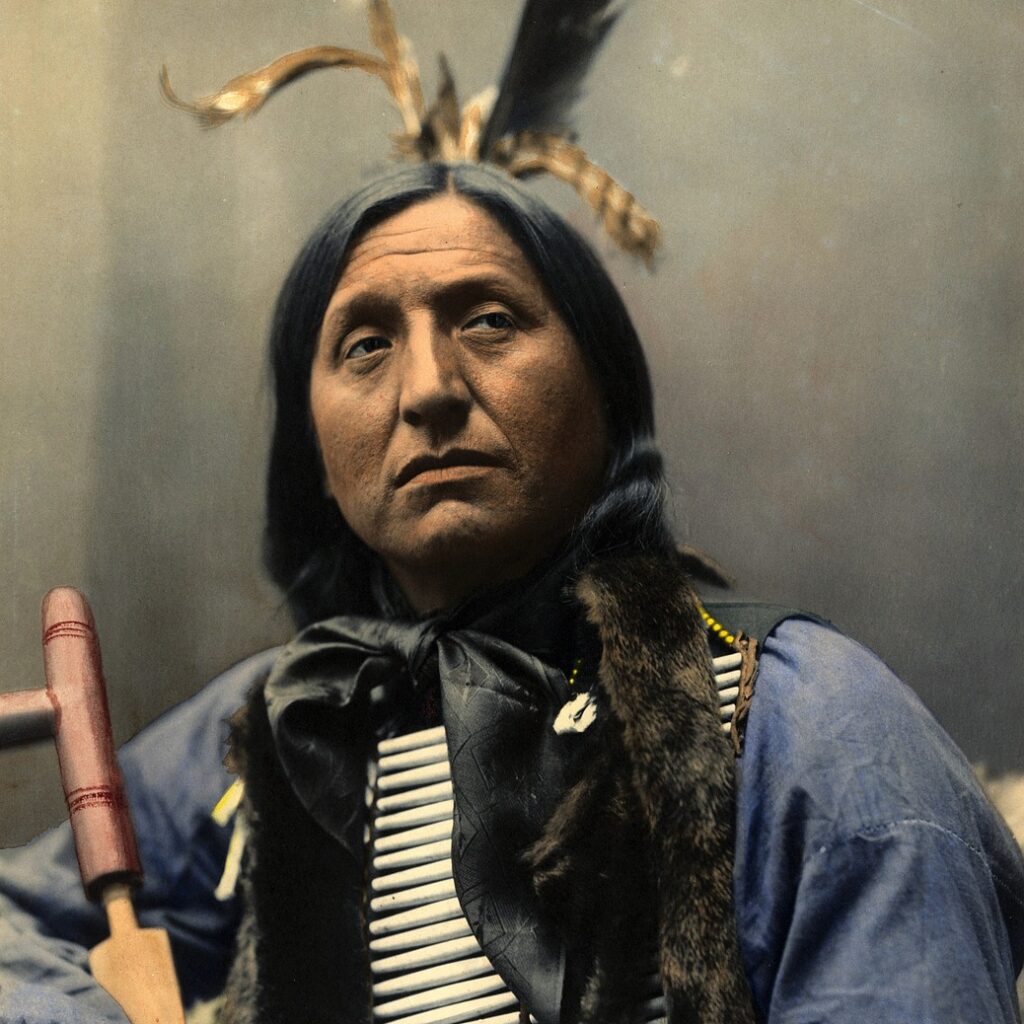The Indigenous Peoples’ Day holiday recognizes and celebrates the Indigenous peoples of North America. As a replacement to Columbus Day, numerous US states and a few international countries commemorate Columbus Day. Indigenous People’s Day is on the second Monday in October.
Continue reading to learn about the history of Indigenous Peoples Day and its impacts.
What is Indigenous People Day?
Indigenous Peoples’ Day commemorates and celebrates the diverse cultures, history, and achievements of Indigenous peoples worldwide. It highlights the ongoing struggles for environmental justice, cultural preservation, and land rights.
An article by AP News, an American not-for-profit news agency, says that it “has been recognized for decades in different forms and under a variety of names to celebrate Native Americans’ history and culture and to recognize the challenges.” Indigenous Peoples’ Day emphasizes the significance of acknowledging the intricate history of colonialism and its profound impact on Indigenous communities. It underlines the need for inclusive discussions.
History
Columbus Day was established in 1937 as a way to commemorate the expedition led by Columbus across America. Many claim that it ignores the genocide and colonialism of Indigenous peoples. Indigenous activists, academics, and supporters started pushing for the official acknowledgment of Indigenous Peoples’ Day in the late 20th century. Indigenous Peoples Day honors the importance of Indigenous communities’ culture and history and calls for their sustainability.
An article by CNN, a multinational news channel, says, “The city of Berkeley, California, embraced Indigenous Peoples’ Day in 1992 as a protest to the 500th anniversary of Columbus’ arrival.”Indigenous activists promoted Indigenous Peoples’ Day, emphasizing injustice and resiliency. Since then, several US communities and organizations have honored it as a holiday.

Impacts
Indigenous Peoples Day commemorates and celebrates the many cultures, history, and accomplishments of Indigenous peoples. It promotes a complex view of colonialism by emphasizing the brutality, uprooting, and cultural erasure that Indigenous populations have to endure. The occasion also highlights Native American concerns, including socioeconomic injustice and environmental justice. It may result in institutional and policy improvements that better serve Indigenous people by expanding their access to political representation, healthcare, and education.
Indigenous Peoples’ Day is an international celebration honoring Indigenous peoples’ cultures, history, and accomplishments. It opposes colonization and structural inequalities, advances activism, education, and reconciliation, and fosters critical thinking about shared responsibilities.
To see more holiday articles, visit Ferry Godmother Productions.

